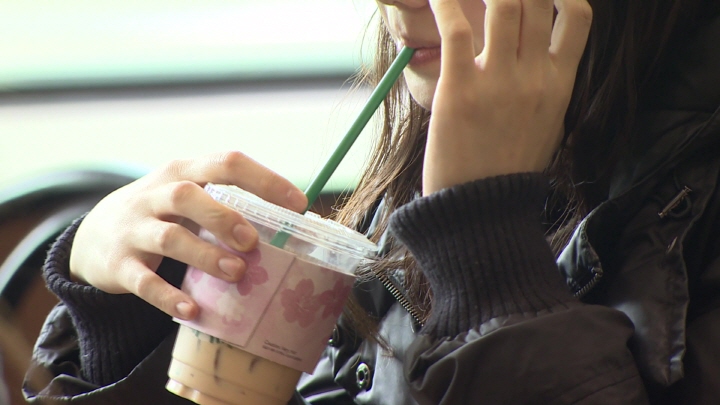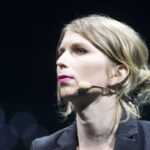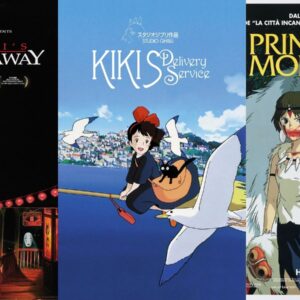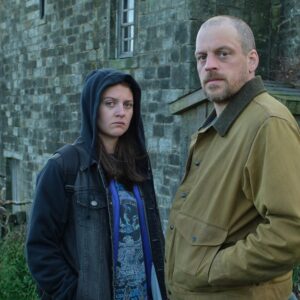South Korea is decided to ban the sale of coffee from every schoo as part of campaign to discourage consumption of food and drink high in calories or caffeine.
Following reports of students suffering heart palpitations after drinking coffee, All vending machines and snack kiosks in primary and secondary schools will stop selling all coffee products by September 14, according to the Ministry of Food and Drug Safety
Foods and beverages with high levels of caffeine are already prohibited in schools, but coffee sales were allowed for adult teaching staff, with vending machines readily accessible to students.
Many students consume coffee or energy drinks to stay alert to study in an effort to excel in South Korea’s highly competitive and demanding education system.
The Ministry recommends no more than 2.5 milligrams of caffeine per 1 kilogram of weight per day for children and youth, and warns excess intake could cause nausea, irregular heart beat and sleep disorders.
The ban on coffee in schools follows a restriction on energy drinks earlier this year. It also comes in the wake of a prohibition on TV commercials for fast food, sugary snacks and high-caffeine beverages during times when most children’s programs air.
South Koreans drink an average of 181 cups of coffee a year, by far the most in Asia, according to market research firm Euromonitor. That is more that the 151 consumed per person in the UK but less than the average of 266 cups in the US.
Seoul, the capital and largest city, had more than 18,000 coffee shops at the end of 2016, surpassing the number of convenience store, an already ubiquitous sight.
“The revision aims to create healthy eating habits among children and teenagers,” a ministry official said, according to a report in the Korea Times. “We will make sure coffee is banned at schools without fail.”
>Juthy Saha













